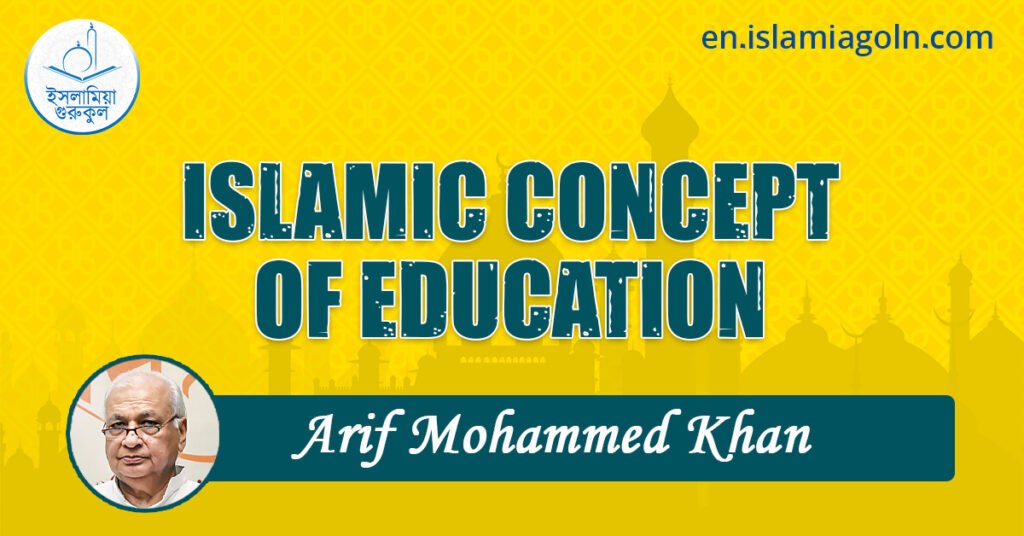Today we will discuss the ISLAMIC CONCEPT OF EDUCATION
ISLAMIC CONCEPT OF EDUCATION
Does Islam provide for the classification of knowledge into religious and secular favoring the study of religious sciences and discouraging the pursuit of non-religious subjects like social and natural sciences? It can be argued that after the emergence of the Ashari movement in the tenth century and the subsequent obliteration of the Rationalist School (Mozilla). the classification became increasingly entrenched and since then the academia of Muslim educational institutions (madrasas) has remained confined to the study of traditional religious books.
Justice Amir Ali in his book Spirit of Islam has stated that Asharis ‘by their denunciation of science and philosophy, by their exhortation that besides theology and law no other knowledge was worth acquiring, they did more to stop the progress of Muslims than most other Muslim scholiasts. And up to this day, their example is held forth as a reason for ignorance and stagnation’.
This assertion is borne out by the impressive list of scientists, philosophers, mathematicians, and historians of the pre-Ashari period. Many Western philosophers have paid glowing tributes to these men of letters and gratefully acknowledged their contribution to the European Renaissance.
Undoubtedly, the academic environment of the preceding centuries was totally different. The teachings of Islam and the prophetic exhortations had created an unquenchable thirst for knowledge of subjects hitherto unknown. Islam made no distinction between religious and natural sciences. On the contrary, it made a distinction between knowledge and ignorance when it asserted: ‘Are they equal, those who know and those who do not know?” (39.9)
The Islamic concept of knowledge was holistic and Muslims pursued both the religious and natural sciences with equal zeal and vigor. Apart from prescribing the ‘pursuit of knowledge as obligatory on the part of every Muslim’ the Prophet exhorted to ‘seek knowledge from the cradle to the grave’ He further said to ‘seek knowledge even though it is in China’ It is significant to note that for an Arab of the seventh century, China was a most remote part of the world and it was not identified as a destination to seek knowledge of religion. mother important narration the Prophet declared that an hour’s reflection is better than worshipping God for seventy years.
Quran itself has more than 500 verses exhorting believers to reflect and contemplate the creation of God. Quran uses the same word, Le Ayat both for its own sentences and for each and every created being. In several verses worship and contemplation are mentioned in the same verse. In one place it says:
In the creation of the heavens and the earth, and in the alternation of night and day, there are indeed signs for men of understanding. Those who celebrate the praises of Allah standing, sitting and lying down on their sides and contemplate the (wonders of) creation in the heavens and the earth (and say) ‘Our Lord! You have not created this without purpose! (3.190-191)
In another place, Quran calls to apply the mind to subjects like zoology. geology and physics. It says: ‘Do they not look at the Camels and how they are made? And at the Sky how it is raised high? And at the Mountains How they are fixed firm? And at the Earth how it is spread out (88.17 20) The study of aeronautics is equally stressed: ‘Do they not observe the birds above them spreading their wings and folding them in” (67 19)
The Islamic concept of education found its best expression in the words of Maula Ali who said:
In matters of education take care not to make your children like you. Do not superimpose your thoughts on their minds. Help them equip themselves to meet the challenges of their age which will be different from the times in which you are living.
See more:

